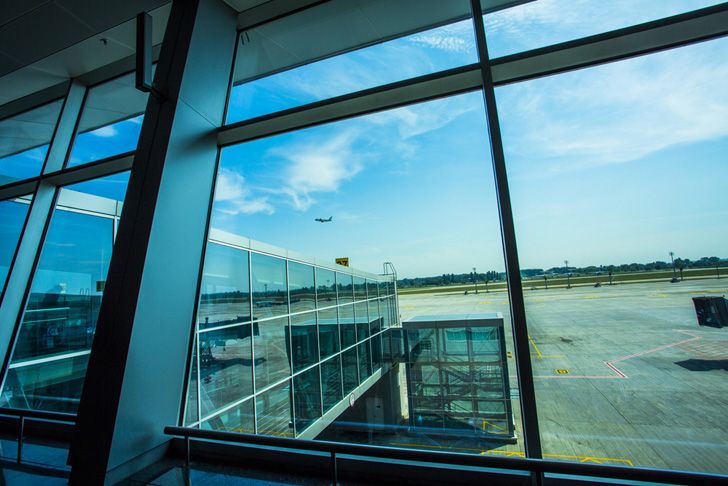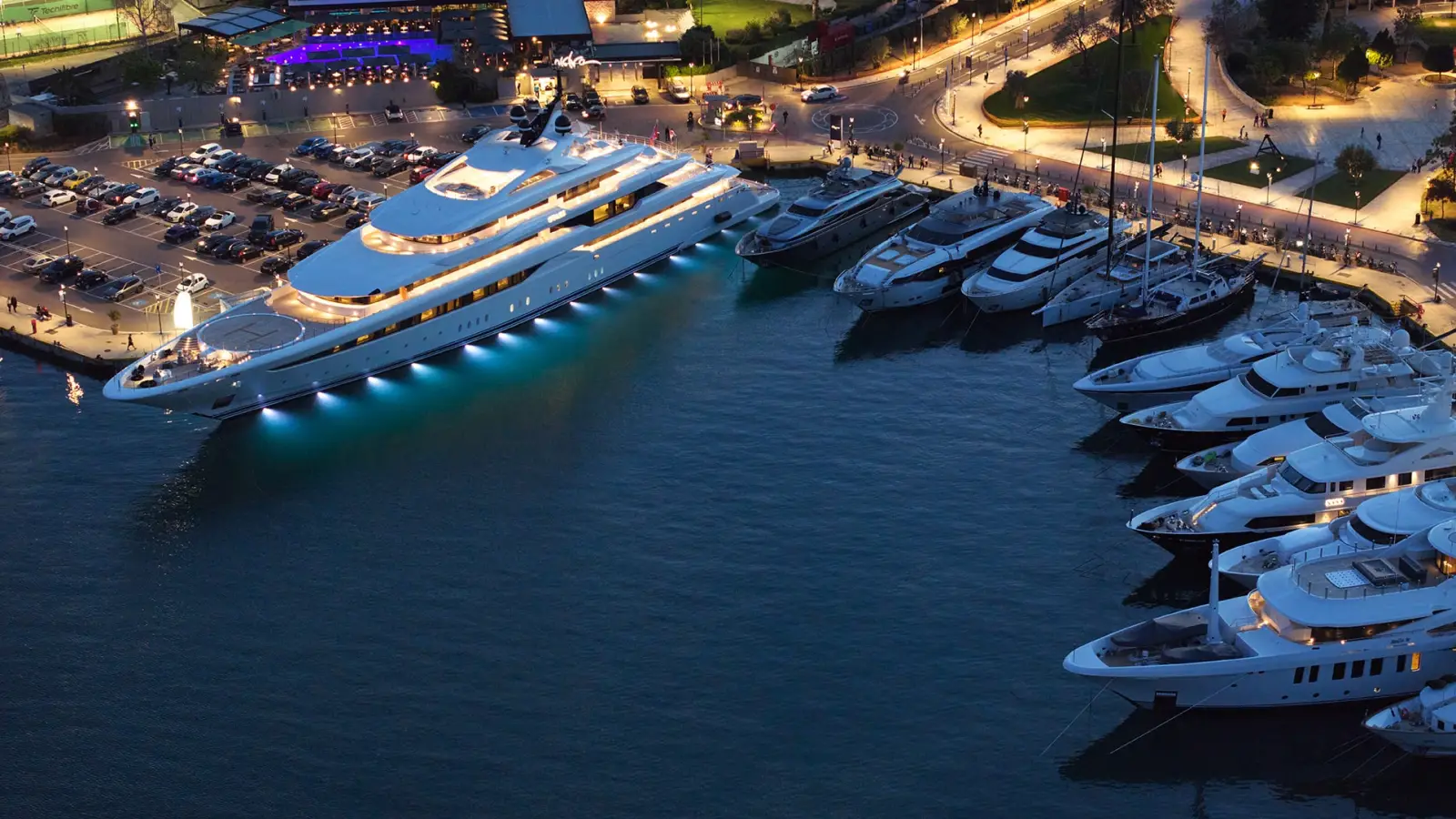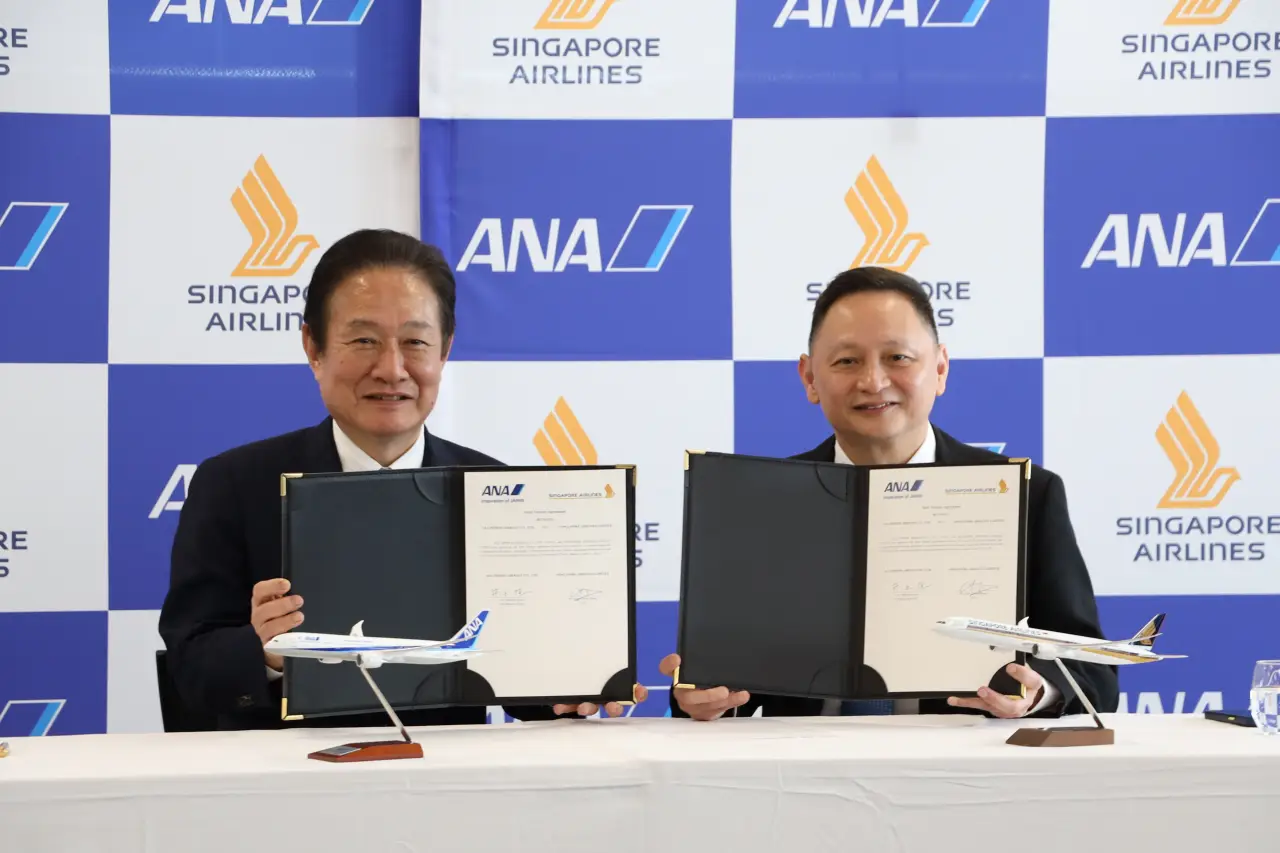From cruise ship passengers to cargo vessel crew, many have found themselves stranded at sea or quarantined in ports since the coronavirus pandemic first took hold. European Commission issued a guideline to support these individuals, providing recommendations on health, repatriation and travel arrangements.
They also announce the establishment of a network of designated ports for crew changes.
How many people (crews and passengers) have been stranded on cruise ships because of coronavirus?
All commercial cruises have been suspended until further notice. However, we have been informed by the European Maritime Safety Agency that between 8 and 11 April, 11 cruise ships will approach Europe, carrying around 8 000 people. More EU citizens, passengers and crew, are still onboard ships elsewhere, and are waiting to return home.
What sorts of goods are cargo ships carrying?
Cargo ships carry everything, from bulk raw materials, gas and oil to containers full of electronics and active pharmaceutical ingredients needed to produce medicines. Maritime transport plays an essential role in the international trade of EU goods, and 75% of goods traded by the EU are transported by sea. To keep our economy running in these difficult times, it is of utmost importance to keep ships sailing and ports operational.
What are designated ports for crew changes? Why should Member States agree to create a network of such ports?
The Guidelines recommend that Member States and the Commission lead a coordinated effort to designate several ports in the Union for fast-track crew changes. These specifically ‘designated ports should geographically cover the Union and should be connected to operational airports and rail stations. Dedicated or regular flight and rail operations could ensure the transport connections for in- and outgoing crew, allowing seafarers to be repatriated quickly.
‘Designated ports’ should have nearby accommodation where seafarers can wait for the ship they should board, or for their flight, train or ship home. This accommodation should have adequate facilities to allow them self-isolate for 14 days before embarking and after disembarking if the Member State in question requires this, and if testing is not available.
It is in the Member States’ interests to create a network of such ports, and we ask Member States to come forward with nominations.
How will crew members and passengers travel on to their home countries if hardly any flights/international trains are running?
The guidelines suggest that Member States require ship operators to communicate certain details about a ship’s occupants, including intended destination, before the ship reaches the port. This will give the national authorities more time to contact consulates and embassies in order to support the repatriation for the individuals involved.
Whose responsibility is it to take care of non-EU crew members disembarking within the EU?
Responsibility for repatriating seafarers lies first with the ship-owner; failing action to this effect by the ship-owner, the ship’s flag State is responsible. If the seafarer is in good health, and there are no COVID-19 cases on board his or her ship, the ship-owner is obliged under the Maritime Labour Convention to repatriate the seafarers and to cover the cost of the repatriation. If the seafarer has COVID-19 symptoms and is unable to travel back home, the ship-owner must cover the expenses for medical care, food and accommodation until the seafarer recovers.
See also for more information on seafarers’ rights.
Where should cruise ships dock?
For ships flagged in an EU Member State, the flag State should allow passengers and crew to disembark in one of its ports and help to make the necessary arrangements for repatriation and access to medical care as appropriate.
If it is not possible or practical for the flag State to accommodate a ship, it should help the cruise ship operators to make appropriate arrangements with other EU Member States or elsewhere. The arrangements should minimise the time the vessel stays at sea while providing good medical infrastructure and transport connections for repatriations.
If the ship is flying a non-EU flag, Member States should accommodate it for humanitarian reasons, but it is recommended that they ask the cruise ship operator to make appropriate financial and logistical arrangements (e.g. required personal protective equipment, facilities for quarantine, hiring of buses, charter flights) before docking. If such arrangements are not found, Member States should in any case consider disembarking any passengers and crew safely and swiftly, before facilitating their transit home.
Should crews/passengers be automatically quarantined when disembarking?
Quarantine requirements are a matter for every individual EU Member State.
Throughout the course of docking, if anyone on board presents symptoms compatible with COVID-19 (including sudden onset of at least one of the following: cough, fever, or shortness of breath), this should be reported to the competent authority immediately.
Those suspected of having the virus should either disembark and be isolated and treated ashore, or be isolated on board (according to procedures described in the EU HEALTHY GATEWAYS advice) until asymptomatic, unless their condition worsens and requires hospitalisation ashore. Decisions on individual cases will be taken by the port state’s competent authority, based on a risk assessment and the situation within the community (containment or mitigation phase).
All individuals leaving the ship should be asked to complete a Passenger/Crew Locator Form before leaving the ship, and the captain should keep this document on board for at least one month. The competent authority should give approval before any individual disembarks, based on an assessment of that person’s health.
Is it not safer for people to stay on a ship until the pandemic passes, rather than disembark?
In some cases, crew and/or passengers may indeed be better off staying on board the ship, provided that the appropriate sanitary measures are in place. This needs to be assessed by the ship’s master and the port state competent authorities on a case-by-case basis. For cruise ships, for example, it should be assessed if the air used by the air-conditioning system can be taken exclusively from the outside (with less chance of virus spread), or whether it is being re-circulated inside the ship, which could in certain cases lead to the infection of passengers healthy to date.
Do any Member States or ports have robust procedures in place, which other countries and ports could learn from?
In order to ensure the docking of the cruise ships Zaandam and Rotterdam in Florida on 2 April, the cruise operator took responsibility for organising repatriations / medical treatment while the flag State (the Netherlands) assisted diplomatically. An agreement between the cruise line and local and federal US authorities foresaw that all passengers first received health screenings and then healthy passengers were allowed to fly home.
What about fishermen?
The fishing industry employs a considerable number of international crew members, both EU and non-EU citizens; an estimated 8% of crew members are from outside EU/EEA countries. Travel to and from the fishing vessels and border crossings should be facilitated for these essential workers. The guidelines therefore recall the importance of applying the recently adopted Guidelines for border management measures in this sector, to protect health and ensure the availability of goods and essential services. Member States should facilitate the transit of EU and third-country fishermen who are EU residents so that they may return home.













